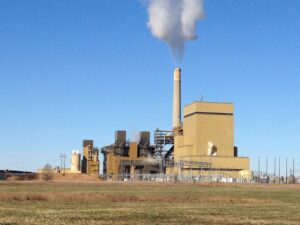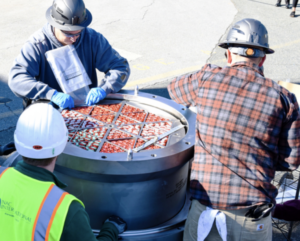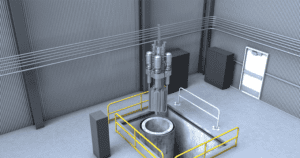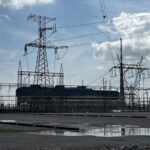A bill introduced by U.S. Reps. John Tierney and Ed Markey on Wednesday could prevent the Nuclear Regulatory Commission (NRC) from granting operating license renewals to reactor owners that apply more than 10 years before a current facility license expires.
The Nuclear Reactor Safety First Act (H.R. 6554) seeks to provide “greater certainty over the safety of the nation’s aging nuclear reactors,” the lawmakers said in a statement. While reactors are originally licensed to operate for 40 years, licensees can apply to the NRC to request a 20-year extension at any time—but this has “dangerous implications” for those living near these plants, they said.
The lawmakers cited NextEra Energy’s 22-year-old Seabrook nuclear power plant in New Hampshire as an example of a nuclear reactor that experienced problems while it was applying for a license renewal. Seabrook filed for a license renewal in June 2010, but in May, the NRC told NextEra that it would increase inspections to evaluate concrete degradation discovered in safety-related concrete structures at the plant.
“It seems crazy that the NRC would even consider relicensing aging nuclear plants more than a decade before its license expires,” Rep. Tierney said. “As these facilities age, safety concerns inevitably arise. This bill will simply ensure that licensees, like NextEra, the operators of the Seabrook facility, are evaluated for renewal within a reasonable time frame and not 20 years before a license expires.”
Rep. Markey said that current NRC rules allow the regulator to extend licenses for relatively new reactors prematurely, long before safety concerns arise as they age. “Allowing the NRC to give a 60-year long clean bill of health to reactors that are in their nuclear adolescence, especially one with documented safety issues such as Seabrook, is like allowing a doctor to assure a twenty year-old smoker they will never get lung cancer,” he said.
Experts have pointed out that the bill would have little impact because the NRC has suspended issuing final decisions to renew licenses or grant new reactor licenses until it can hash out how it will deal with spent nuclear fuel, a process that could last at least two years.
Sources: POWERnews, Rep. Ed Markey, NRC
—Sonal Patel, Senior Writer (@POWERmagazine)










